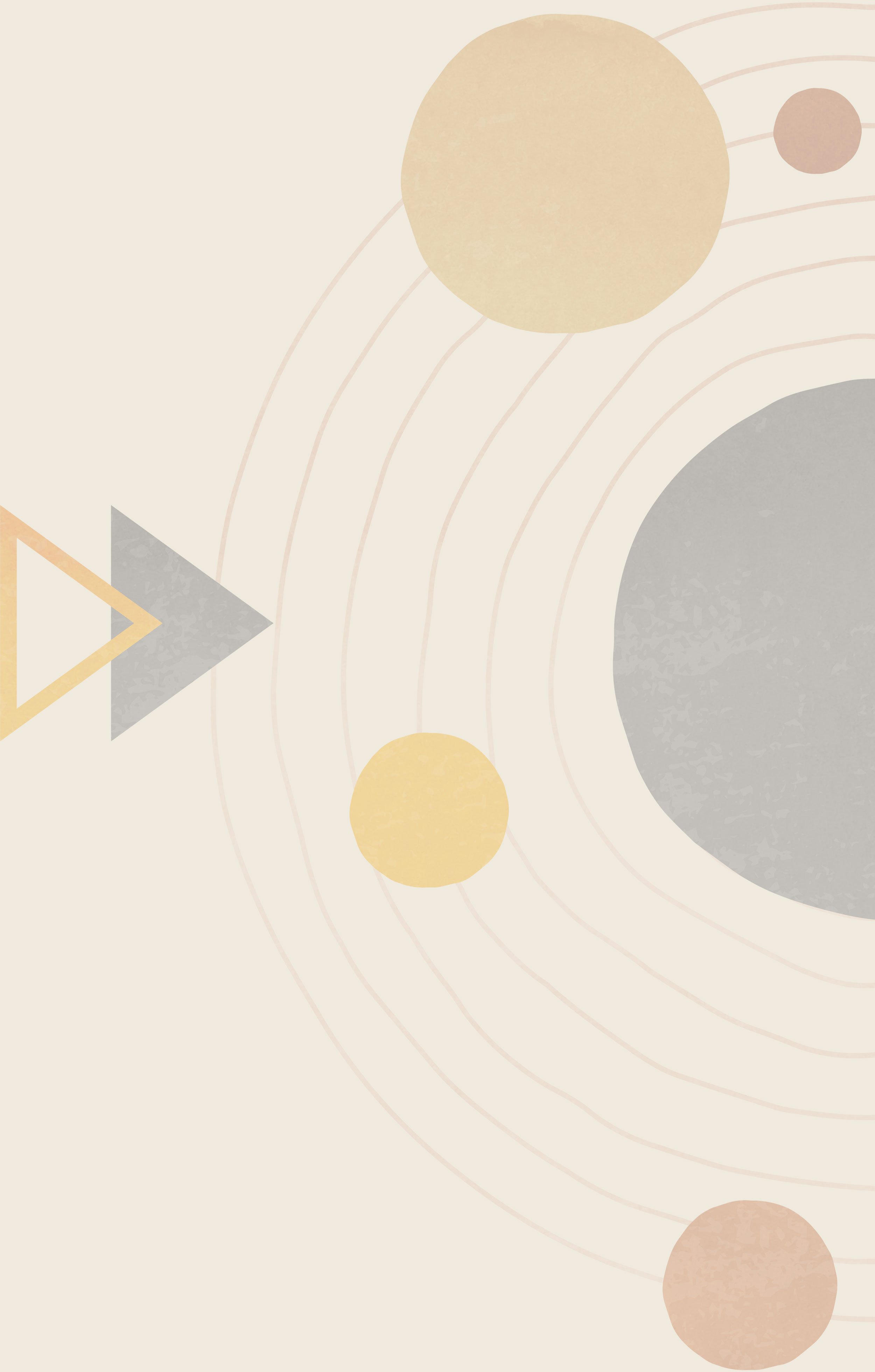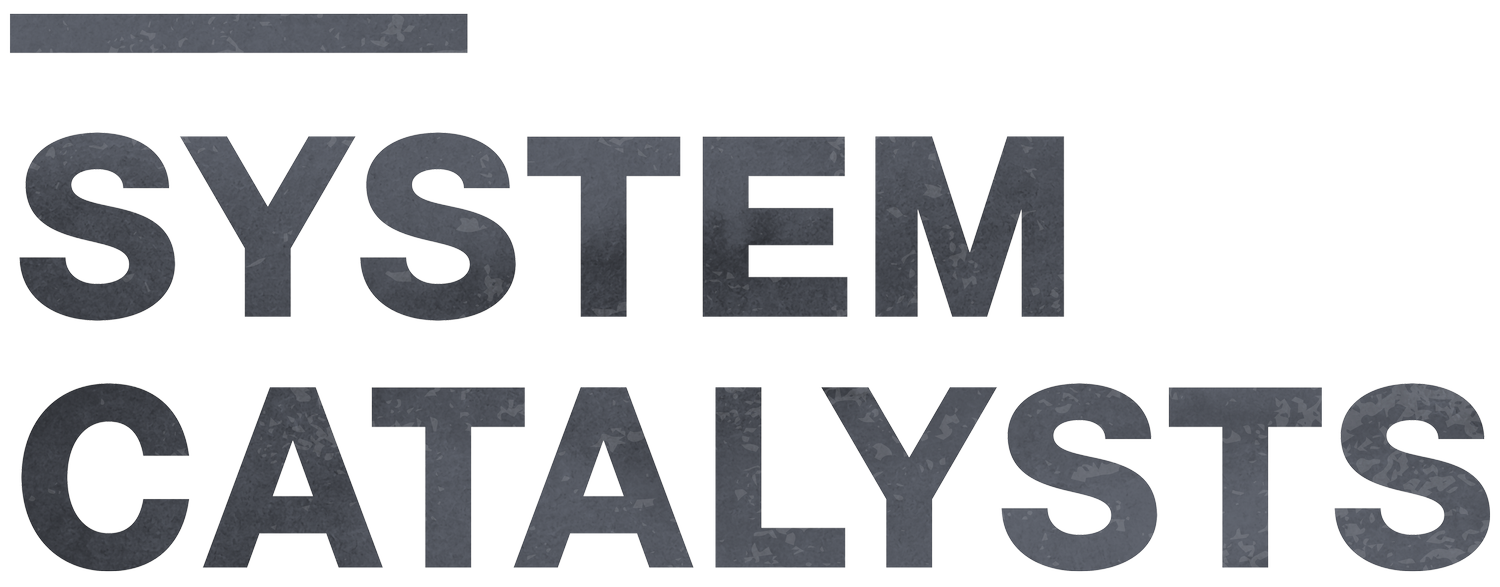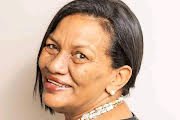
what community level systems change is with kzn network
episode 7:
To truly change a system, you must know how to work at a grassroots level, as well as with powerful people in government. Cookie Edwards, the Executive Director of The KwaZulu-Natal Network, works to ensure the government in South Africa listens to the needs of communities plagued by gender based violence. In today’s episode we’ll learn how to connect community,
philanthropy and government to create systems change.
If you want to learn more about CTAOP and KNZ Network head on over to charlizeafricaoutreach.org.
If you aspire to be a System Catalyst and need resources to help you on your journey, subscribe to our newsletter.
Learn more about our mission and our partners, visit systemcatalysts.com.
This podcast is produced by Hueman Group Media.
-
What Community Level Systems Change is with Charlize Theron Africa Outreach Project and KZN Network
Featuring Cookie Edwards, Executive Director of the KZN Network and Jessica Chiliza, Associate Program Director at Charlize Theron Africa Outreach Project.
Cookie: [00:00:07] I think it's about approaching government. approach in academia,,So we invite key people, key stakeholders who are in there, but you also bringing in your community based organizations because that's where the work is right down at the grassroots level. And we can hear it from them and we don't allow them this platform. They are actually lost in the system. I am very grassroots orientated. But I also work with the other key stakeholders that are vital to whatever's being done. [00:00:34][27.2]
Tulaine: [00:00:41] You're listening to System Catalysts. Each week you will hear personal stories of change makers who are bringing more inclusive connective system level solutions to our most persistent challenges. I'm to Lane Montgomery. In this episode, Ingersoll spoke with our guests Cookie Edwards and Jessica Elizabeth. To truly infiltrate and change a system, you must know how to work within two groups with very different contexts. First, the communities directly impacted by the system with lived experience and expertise, who often have less access to capital and formal power. And second, people with positions of structural power and authority in government. In our previous episode with Food Court, we talked about the importance of proximity leadership or being close to the issues and communities one is trying to serve. But once you understand the problem at a grassroots level, how do you grow solutions and engage government? Today's guest, Cookie Edwards, knows how to skillfully bridge this gap. Cookie is the founder and CEO of the KwaZulu-Natal Network, also known as KZN. She works at a grassroots level while ensuring government policies in South Africa reflect the needs of communities plagued by gender based violence. Today will also get to hear from Jessica Lisa, who works at Charlize Theron's Africa Outreach Project, a philanthropy that funds the KZN network. Their relationship exemplifies how funders can best be a partner to the organizations they support. It also shows how backing a passionate, community based system catalyst can be the key to transformative change. [00:02:52][130.7]
Cookie: [00:02:56] I've been the gender activist for the past 30 years, been a survivor of gender based violence. Myself actually brought me to this work. [00:03:04][7.9]
Tulaine: [00:03:05] Kookie established the KZN Network on Violence Against Women in 1999 after she ended her abusive first year marriage. It is a network of more than 300 non-governmental organizations, local government departments, churches and schools in the KwaZulu Natal Province. [00:03:23][17.2]
Cookie: [00:03:25] The KZN network focuses on gender based violence, sexual and reproductive health, environmental design, creating safe spaces for women in communities of. Awareness campaigns, advocacy, lobbying. We focus on legislation, policies. It's a lot that we do, but our core focus is gender based violence, assisting survivors of violence, intimate partner violence, rape, sexual assault. If you have a GBV survivor, you're going to call and sometimes the organization. Doesn't have the answer to be able to assist. They never call me and I would refer to the person, I can take them to the right people also. I'd like to partner. Right now we are busy with the policy and I've brought in other partners. approaching government. I brought in what you call the Commission on Gender Equality approach in academia, civil society, So it's not just about the nature of the whole interview either. So we invite key people, key stakeholders who are in there, but you also bringing in your community based organizations because that's where the work is right down at the grassroots level. [00:04:37][72.2]
English: [00:04:38] When you're thinking about partners, when you're thinking about, okay, this is a partner that I want to bring into the fold to help me work on this project or this effort. What do you look for? What to you embodies a good partner. [00:04:50][12.2]
Cookie: [00:04:52] A good partnership is about supporting each other. Over the years, I've learned that you don't make issues personal. If you argue, you argue or you have differences about the work situation. But when you walk out from the roundtable or whatever it is, that's a lot of things that are personal. You know? So I think that's where my relationships have been. I can be quite strong in the workplace because I can see that something needs to be done., and there's an urgency for it to be done or something, because I have this passion. as a gender activists. My experience that I here as a survivor of GBV gives me. That that motivation to want to see woman come out of there. And the more we delay by having long discussions around tables and having differences in this, you know. That. That's how I see it [00:05:43][51.5]
English: [00:05:44] That's amazing. So tell me, I mean, it seems like you have such a wide array of partnerships from government to community based organizations and advocacy organizations. How how does Casey and network work to actually coordinate all of that? [00:06:00][15.9]
Cookie: [00:06:01]I'm smiling because I always get asked that question, but I'm the one that brings everybody together. I don't know. I think I don't know. [00:06:10][8.8]
English: [00:06:11] That's what I've heard. [00:06:11][0.4]
Cookie: [00:06:13] So I don't know everything that happens around gender based violence. Everyone says find Cookie, you know, find Cookie. I think what it is, I think it's my relationship that I've built over the years. The networking I've done. So it's like you can ask me anything and I just know they accept us to refer you to or connect you to. I help? Talk about. Sometimes I help other organizations if they want to coordinate conferences and they want people in there. I just do one call, one WhatsApp message, I put it down to the relationship, the respect you have for each other in the field, you know, and having the interpersonal skills, how you treat people, that kind of thing. So when something happens, you know you're getting that support. Yeah, So. I give a lot of people to the trade, you know? Yeah. [00:07:01][47.2]
English: [00:07:02] You're the connective tissue. [00:07:02][0.7]
Cookie: [00:07:03] Yes. But what's also nice is that when they network, I can step over and they continue,, building relationships with each other. [00:07:11][7.7]
Tulaine: [00:07:12] It was this reputation as an incredible connector of people that brought Cookie to Jessica. Lisa. Jesse is the associate director of Charlize Theron Africa Outreach Project or CD LP, created by actress and producer Charlize Theron. AOP supports community based organizations in Africa. [00:07:33][20.5]
Jessie: [00:07:34] Often how CTP works is that when we get into a new area that we don't know much about, we do a lot of calls with all types of people academics, other NGOs, government leaders, thought leaders, our other program partners that we support on the ground. And we say, where are the gaps? First of all, in South Africa? What gaps can we fill? And then who's doing good work? And when it came to KwaZulu-Natal, where I'm based here and the city is Durban, I said, who's doing good work? And is that around GP? And everyone kept saying the same thing. Cookie Edwards. Cookie Edwards. She's been doing this for years and years and years. You must get in touch with her. And that's the reason that I reached out to Cookie. [00:08:15][40.3]
Tulaine: [00:08:18] CD app sought out cookie after the COVID pandemic exacerbated the already alarming incidence of gender based violence. South Africa is one of the countries with the highest femicide rates globally five times higher than the global average. And the majority of women in South Africa who make up about 51% of the population, have experienced some form of gender based violence in their lifetime. Yet funding the solutions to this massive issue is not straightforward. [00:08:48][30.1]
Jessie: [00:08:51] The problem is that gender based violence falls through all the silos in government, so it falls through and cuts across all government departments. So the Department of Health would see a survivor because a survivor would need to go to a clinic and have a check up after there was an incident. So those the Department of Health or the Department of Social Development, that also is the one that employs social workers to go out to homes that respond to gender based violence, That is the police. Often women leave their homes with just the clothes on their backs. They need their ideas of the Department of Home Affairs. And we have a department for women, children and disabilities. And so that's where it seems to fall. The funding is falling now, but yet gender based violence cuts across all of this. So money gets from government hasn't quite come through yet. And one of the main reasons is this is that it cuts across so many government departments that are siloed. [00:09:46][55.1]
Tulaine: [00:09:50] This is why it was so important for Klp to find someone who worked across different government organizations as well as within communities impacted by gender based violence as a system catalyst. Working with the government has the potential to extend your reach to millions of people through policy or otherwise. [00:10:08][18.8]
Jessie: [00:10:10] We also look for community changemakers. So, you know, people that have that fire that, you know, if you are able to support them with few resources, they just take it and run with it. And when I met quickly, the first time, I knew right away that she had that spark. She was doing the work already with no funding. What is so unique about Cooky and her network is, well, just herself. First is that she is from Durban. She is from the communities most affected by gender based violence. She is a survivor herself. She understands at a community level what it takes on a personal level, what it takes for a woman to actually leave a situation, and that there are very few support structures for women in communities. So her superpower is that she's able to understand, she understands community and she can communicate with communities. She has networks and relationships across the province that are unbelievable. And then she can also speak with politicians and the policymakers and the private sector and different government departments. So she's the glue of all of these entities, all these stakeholders that are working in this space and the network is brought to the province. Is that coordinated space where all of these stakeholders could come together. That doesn't happen very often, where stakeholders can genuinely speak about the issues that are happening. And she ensures that in the meetings I've been to some of her meetings in the community where her leaders or her community leaders running the meeting with government stakeholders and government having to respond to the issues that they're bringing up. So she's really keeping government accountable to their jobs. Some of the traits that she has is that she's highly empathetic. I've seen her during the flooding. Many of them lost their homes and were living in community halls for months. She had a woman come up to her asking her about where she could get support for her child. And as Cookie's giving her a hug at the end of their discussion, she slipped some some money in her head. And I just thought, Wow, I don't meet many people like that. Just do this out of kindness. And just because she cares about other humans. And I think you have to have a high level of empathy to work within the system and change the system. And I think Cooky has that. [00:12:31][140.8]
Tulaine: [00:12:32] Jesse is referring to a 2022 flooding that occurred in Durbin, the city where Jesse and Cookie live. [00:12:38][6.0]
Cookie: [00:12:39] a lot of people lost their lives, their homes and everything, it was devastating. [00:12:42][3.0]
Tulaine: [00:12:44] That's cooky again. [00:12:44][0.6]
Cookie: [00:12:45] And they were moved to community blogs and school schools and wherever. when the floods happen. Jesse and I looked up and they gave us emergency funds to be able to assist. So, yeah, we were cooking big pots of food, thinking hot meals to the people, buying blankets, buying mattresses, toiletries, uniforms for the learners and school shoes for those that were washed away. So that's how that relationship started through the flood. And then they gave us funding for a year, that something was used towards. the National strategic Plan on gender based violence and femicide. [00:13:25][39.7]
Tulaine: [00:13:30] The National Strategic Plan is a coordinated response to the crisis of gender based violence and femicide in South Africa. Cookie was part of the interim steering committee that helped draft that document. She used copious funding to gather inputs from the community for the government to look at. Under the National Strategic Plan. Casey and Network also established the first four rapid response teams in the country. [00:13:56][26.1]
Cookie: [00:13:58] What is the rapid response team? The minute a survivor contacts you, you can quickly through the referral that you are doing follow up to have and build a safety net around the survivor to avoid secondary victimization. what we also did is because we have so many hot spots We have to hotspots into five zones. We did demarcated that hotspot in that community where there's a high increase of reporting of GBV, crime, rape, sexual assault. We recruited community engagers. We took them through the training. It's a door to door campaign. So what we did, we demarcated that spot and we called it a violence free zone. But in that zone, they went to each home and set the families in that zone that people affected area, spoke to families to support and buy into the process of turning that hotspot into a violence free zone. So with those families are free, they got stickers to put on the doors and windows to say it's a violence free home, In the violence free zone. We did a night walk using the community safety audit tool that looks at lighting, overgrowth, vegetation, entrapment sites, the whole safety audit tool and the findings from the accident to the different departments for parks and gardens, electricity, that was kind of things. Nothing is effortless. Only the people in the community are looking after [00:15:45][106.7]
Episode Guest:
Cookie Edwards
Executive Director, KZN Network
Jessica Chiliza
Associate Program Director, Charlize Theron Africa







